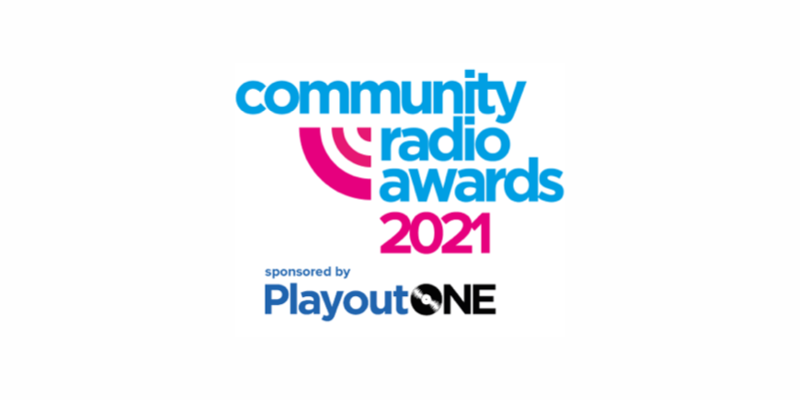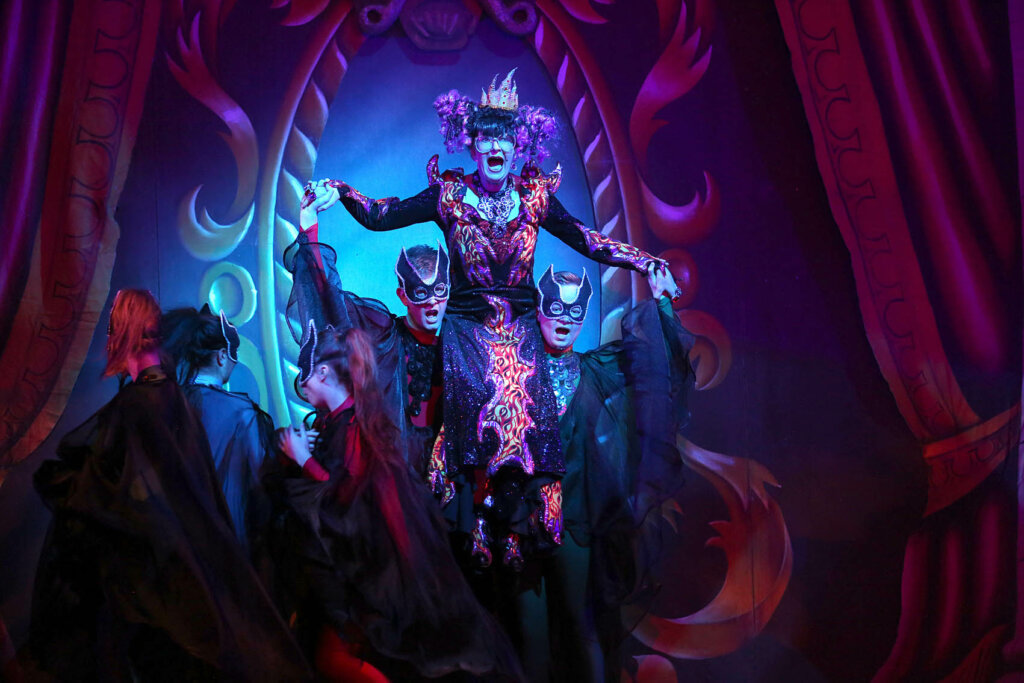The Card Counter Review
Written by Ewan Gleadow on 27th September 2021

Philosophy and gambling do not often go hand in hand in the real world. For all its glorification in filmmaking, gambling does showcase the rougher edges. Terrible bits of torture in Casino, the realisation that money isn’t everything in the ill-forgotten 21, it all appears as a warning for those thinking they can cheat or beat the system. The Card Counter, the latest feature from director Paul Schrader, marches on to the beat of that drum, but at least has fascinating creative stylings to bolster its impressive designs. These are designs that fall around Oscar Isaac, whose post-Star Wars phase is a welcome one.
Should Isaac continue this grand run of form, he will have The Card Counter to thank. Ugly greens and typically stunning costume design make for great opposites. The ugly characters with their thick and demented personalities clash well with the glorified suits and dresses they slip into. Schrader makes active choices like this throughout The Card Counter and makes them frequently. With those slow movements, hands passing over the inviting table, pulling and pushing cards and chips, the iconography is prepared well and delivered spectacularly. Seedy yet somewhat charming, like an early James Bond film, gathering well-dressed debutants around a crumbling table in a room filled with smoke and guilt and embarrassment. The Card Counter manipulates those moments with great intensity and variety.
But that variety is delivered by Isaac and the cast that surrounds him. His performance is stunning. Cold and manipulative, yet thoroughly in the throes of panic and dismay. A delightful appearance from Willem Dafoe sees him saddle into yet another role that’ll feel like small fry compared to his larger roles, but one he gives his all to. No surprises there. Where there is a surprise is in the intensity found within the leading performances. Such a drive to move Isaac to the next level is successful. Schrader takes his direction to new levels, bolstered especially by the narration from Isaac. Fantastic writing is the driving force of these early moments, and the close-ups on William Tell (Isaac) talking through card counting and the many strategies of getting around house rules. It is intrinsic, important and exciting.
For those interested in the dark world of poker, The Card Counter will be a magnificent offering. For those that are not, then the performances within are more than enough to turn the tide to Schrader’s advantage. Striking, boisterous and arrogant, Schrader hits the high notes he was always capable of with The Card Counter. It has the ruminating effects and character study strengths of First Reformed, with similar camera stylings and impressive dialogue. There is a flow to The Card Counter that pairs the slow and unnerving build-up with some of the finer, heavyset terror so pertinent to casino riggers and gamblers playing by their own rules. Isaac explores this with great effect, but The Card Counter relies on swift pacing, exciting supporting performers and true workmanship from Schrader that combines the gluttony of gambling with the inescapable moral problems that often rear their ugly heads.







